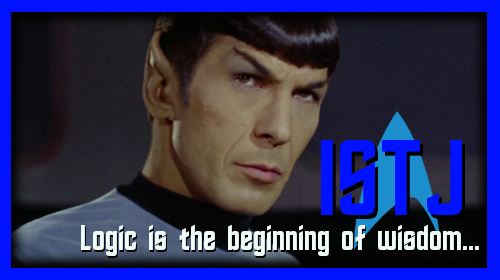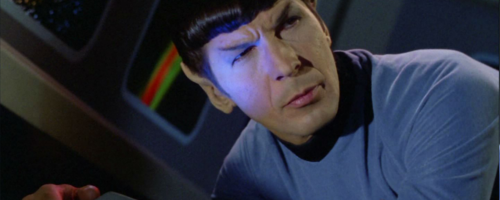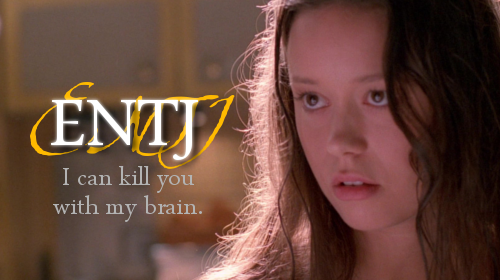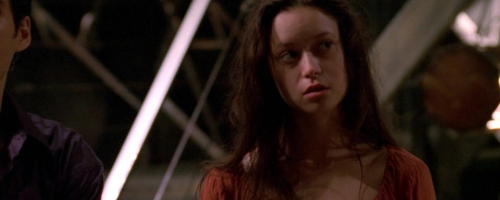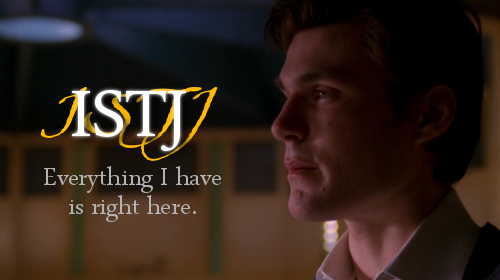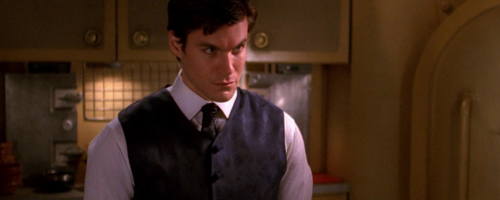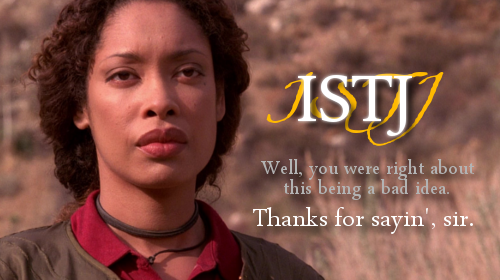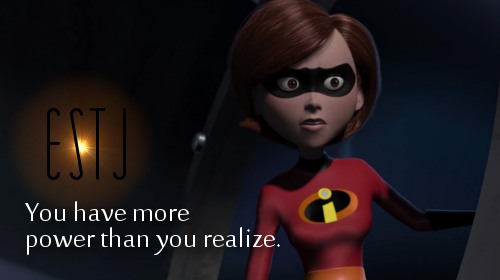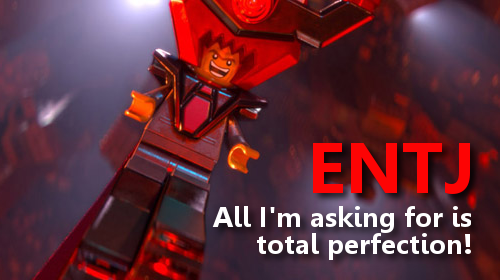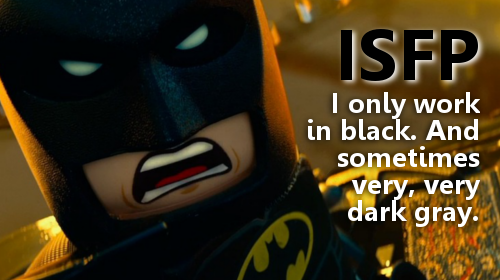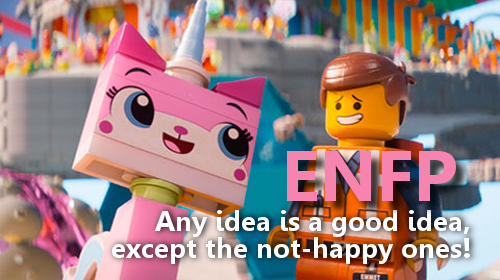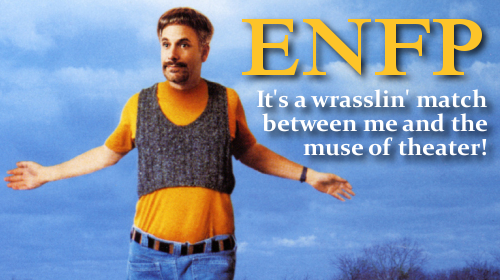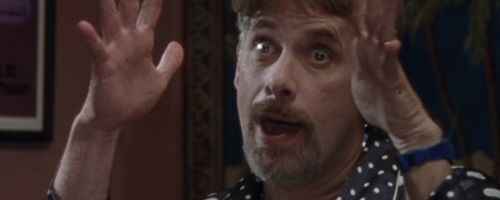The Inspector, The Sentinel, The Trustee
In my Star Trek Returns post, I confessed to not having seen as much of the Original Series as I thought I had (that’s been fixed with a complete re-watch). For years, my idea of Spock came from the movies I’d watched over and over, especially my personal favorite The Undiscovered Country. Now, even after catching up on everything I missed, I’m going to have to stick with old Spock as my favorite Spock.
See, the great thing about a long-running character like Spock is that we get to watch him grow as a person, literally over a lifetime. In the Star Trek universe, Vulcans are long-lived, so our last visit with Spock is roughly 80 years after our first introduction. In that time, Spock has gone from stereotypically uptight ISTJ to a man of great patience and wisdom—and yes, even feeling.
Dominant Function: (Si) Introverted Sensing, “Relive the Experience”
Spock is half-Human, half-Vulcan, but he chooses to identify as fully Vulcan. It’s from his Vulcan heritage that he derives his life philosophy and outlook. Every new experience Spock has gets filtered through his Vulcan-trained Si, comparing it to the traditions he was taught and raised with.
While others panic or jump to action, Spock responds with caution and healthy skepticism to most situations the Enterprise encounters. He patiently gathers information rather than acting on emotion or speculation. He excels at detail, and shows open disdain for guesswork and imprecision.
This is the Vulcan way, and despite being only half-Vulcan, Spock lives it better than almost any full-blooded Vulcan we meet. He’s the archetypal Vulcan, and among fictional characters, an archetypal ISTJ. Thanks to his steady, unflappable Si, he serves as a balancing counterpart to his captain and best friend, the intrepid—and not always cautious—James T. Kirk. Continue reading
